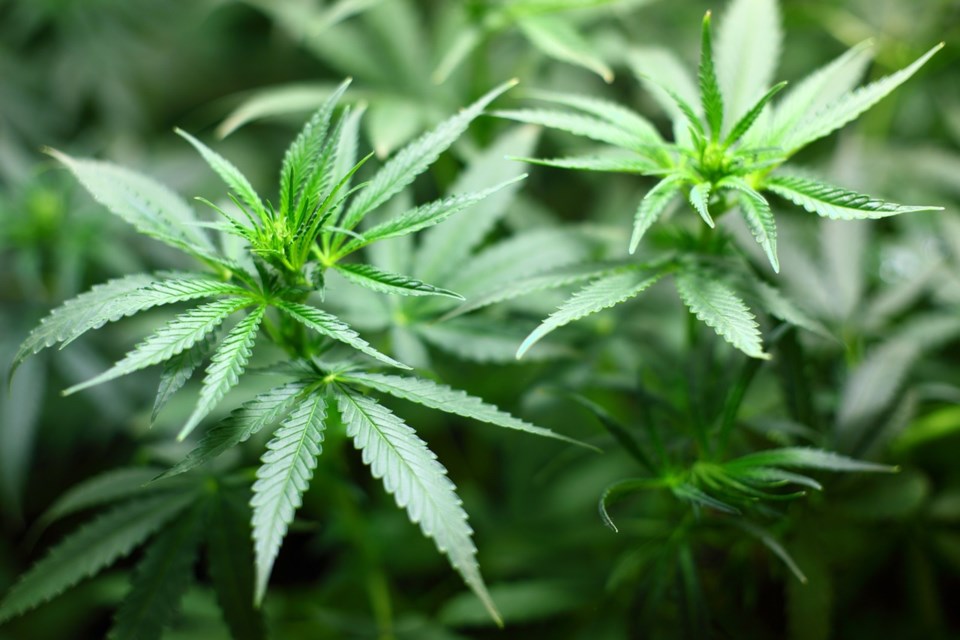ARBORFIELD — Warren Gray Farms Inc. is developing a cannabis grow operation in Arborfield, which is expected to provide 50 jobs in the first year.
The grow operation and future store is a joint effort between Tyson Gray, a descendent of one of the founding families of Arborfield, and his partner Dustin Hawkins.
Hawkins, who is the operation’s CEO, is a third-generation horticulturist, and named his part of the business after his great-grandfather.
A medical cannabis patient himself, Hawkins said he finds it extremely important to advocate and educate the public properly whether it is for medical or recreational purposes.
“Cancer runs extremely high in my family and through the process, through the first year… I got one of my lymph nodes removed,” Hawkins said. “It was non-malignant, thank God. But going through those processes it’s kind of scary when you’re putting a company together, but you know you’re doing it for the right reasons.”
Hawkins said if anything had happened to him the operation would have gone to Gray and his family.
“It kind of gives you an idea how I morally and ethically operate in a sense too,” he said.
“I want to take care of people. I think it’s time we have a licensed producer and a retail store here in Saskatchewan where we can teach other people how to use cannabis, how to microdose, what different terpenes, check out the trichomes, look into the licensed producer, actually look into who they are.”
The planned facility will be 180,000 square feet. The product will be grown across 160 acres, cultivated indoors, outdoors or in their greenhouse.
After the facility is provincially examined, with all the proper security measures they will be able to start producing the product.
“Once we finish growing our product and building the facility we would go to SLGA and we would say, ‘we have cannabis, get some samples, you can try it, we’re under the federal legal system.’ And they will say, ‘yay or nay’ but it’s obviously going to be a ‘yay.’”
Once that is established, they will be able to sell recreationally.
Hawkins said in the worst case timeline scenario that would take place a year and a half from now.
“Our medical patients will be coming first,” Hawkins said. “They will be coming through the recreational side but it’s still going to be medical standard because that’s what the industry should be. Nobody is going to be looking for the super low doses.”
Hawkins calls this the “recreational and medical model.”
“This is agriculture, and I think it’s time Saskatchewan shows what we can do in a sense for providing medicine whether it would be through what I explained, the recreational, which would still be medical for our patients.”
As a medical user himself, he said it makes him emotional to consider how many recreational stores don’t have medical standards.
“I don’t agree with what a lot of the big companies did, and that’s totally leaving medical patients out of everything,” he said. “And I understand there’s more profit in the recreational side, but do you not see people pay attention to that in this world?”
Legal cannabis pricing is something Hawkins also wants to change with his business model.
“Fifteen to 20 dollars a gram. I just don’t understand it. From producing a gram of cannabis, this is what they produce the stuff for depending if they retrofit the facility, or not, or if it’s brand new like us – around 30 cents per gram.”




